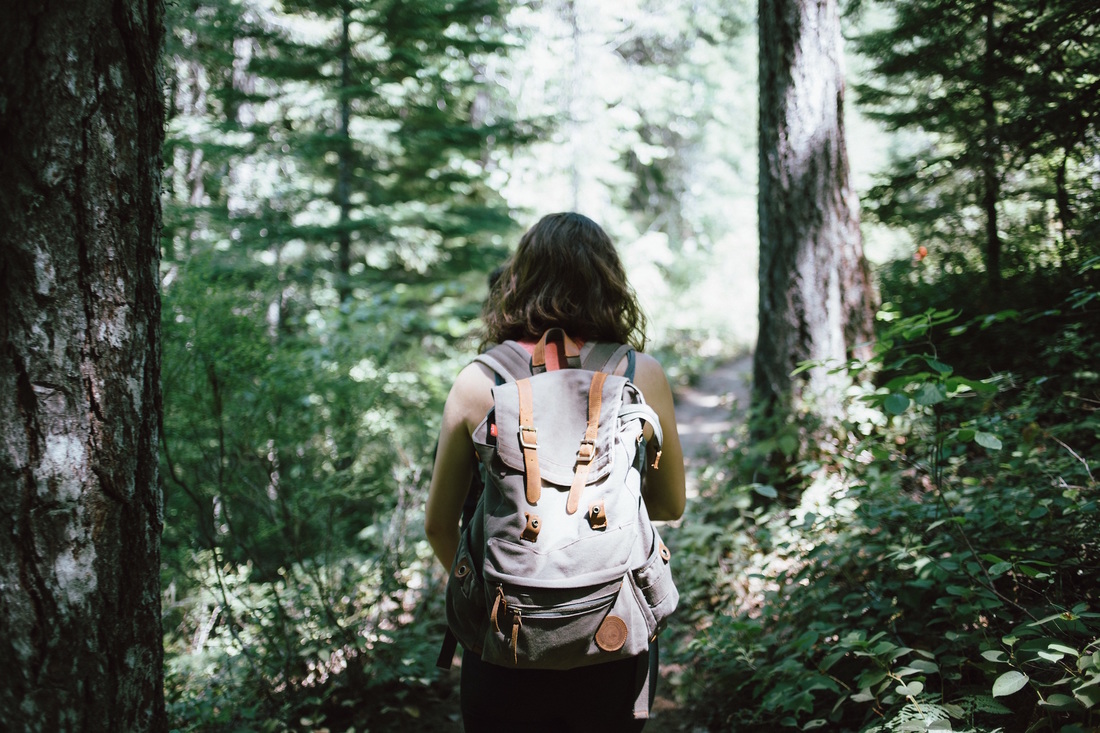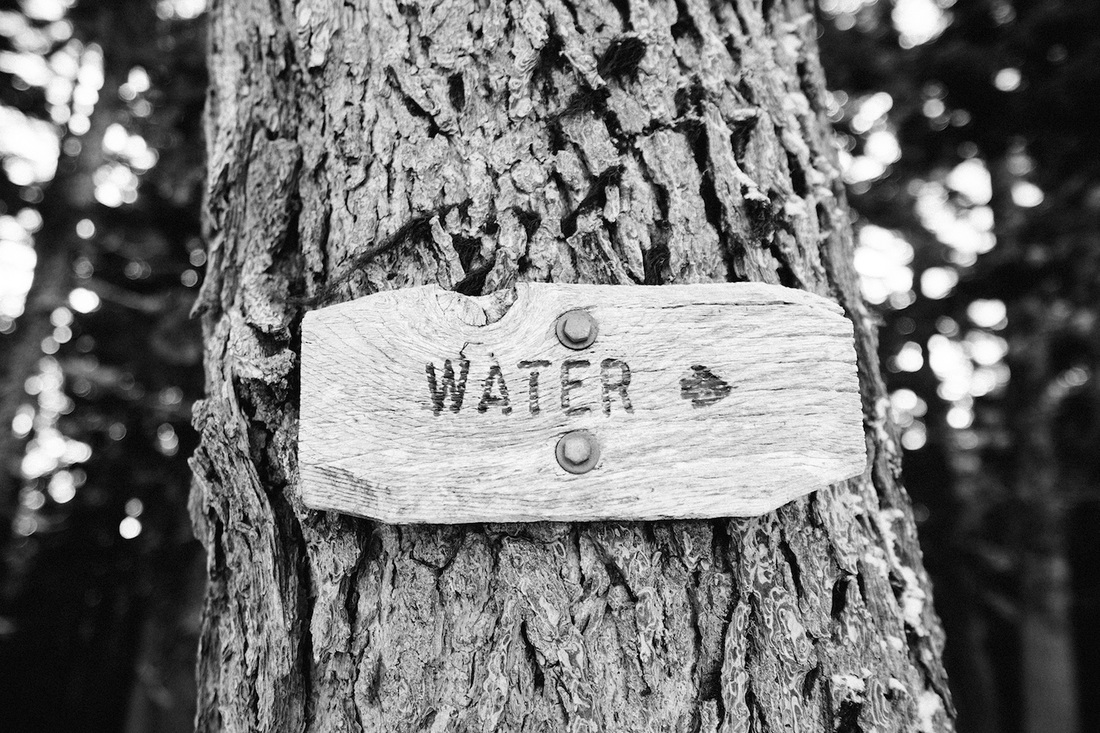|
Todd Walker is an experienced writer on wilderness survival skills and outdoor self-reliance. I don't agree with all of the 'prepper' stuff that he's into, but Todd's tips on survival in the wild are really excellent. Here's 19 of his useful lessons:
Read more of Todd's tips on his blog, Survival Sherpa. For practical lessons in how to be at home in the woods, in Brighton and Sussex, see School of the Wild's skills-based and bushcraft workshops here. Comments are closed.
|
Author & CuratorNigel Berman is the founder of School of the Wild. Archives
March 2024
|
Leaders |
About Us
Support |
|




 RSS Feed
RSS Feed



